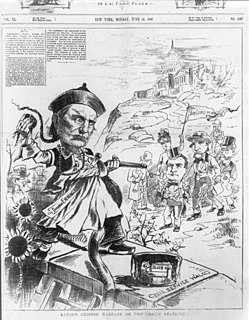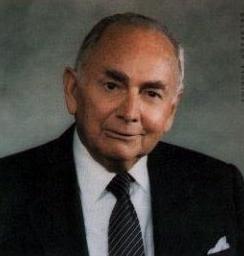A Quote by Kevin Mitnick
It's kind of interesting, because hacking is a skill that could be used for criminal purposes or legitimate purposes, and so even though in the past I was hacking for the curiosity, and the thrill, to get a bite of the forbidden fruit of knowledge, I'm now working in the security field as a public speaker.
Related Quotes
What has happened is that we have seen a shift in the past twenty years in the very concept of hacking. So hacking twenty years ago was a neutral, positive concept. Somebody who was a hacker was someone with advanced computer skills, which could expose vulnerabilities and could explain why systems worked well or worked badly and they were generally regarded as an asset. Over the past twenty years, a combination of media and law enforcement has changed the perception of the concept so that it has almost always, if not invariably, a pejorative sense attached.
Everybody has a hacking capability. And probably every intelligence service is hacking in the territory of other countries. But who exactly does what? That would be a very sensitive piece of information. But it's very difficult to communicate about it. Because nobody wants to admit the scope of what they're doing.






























